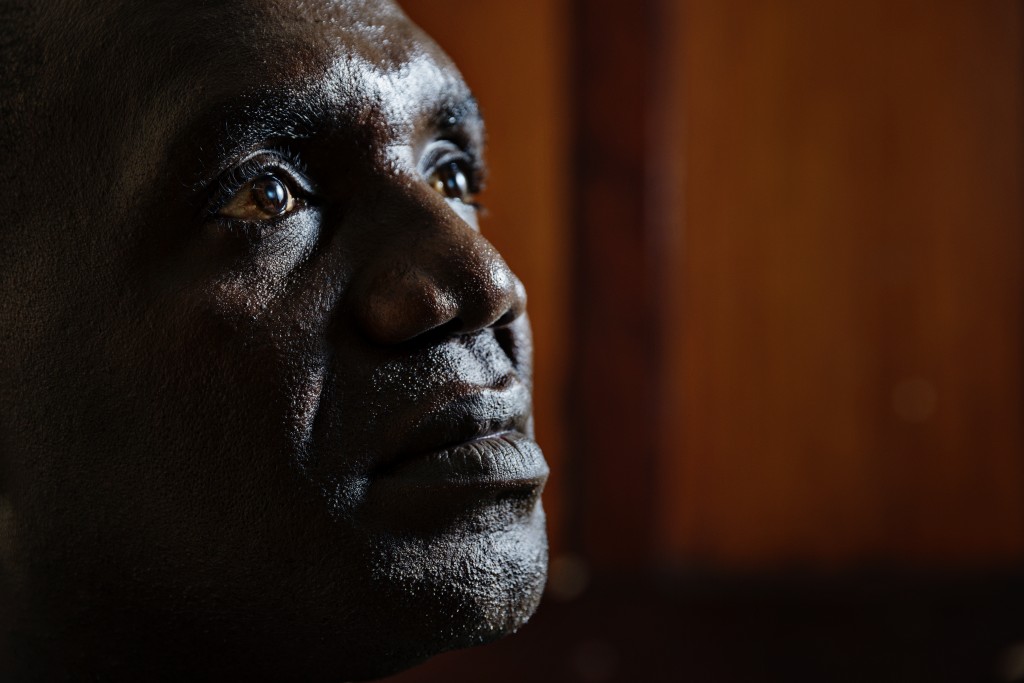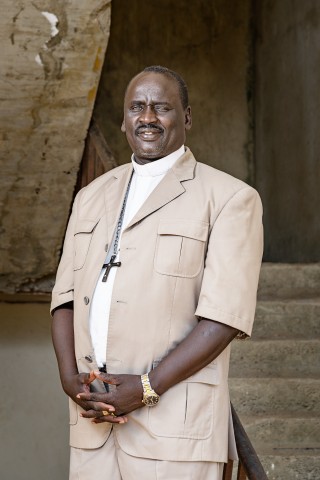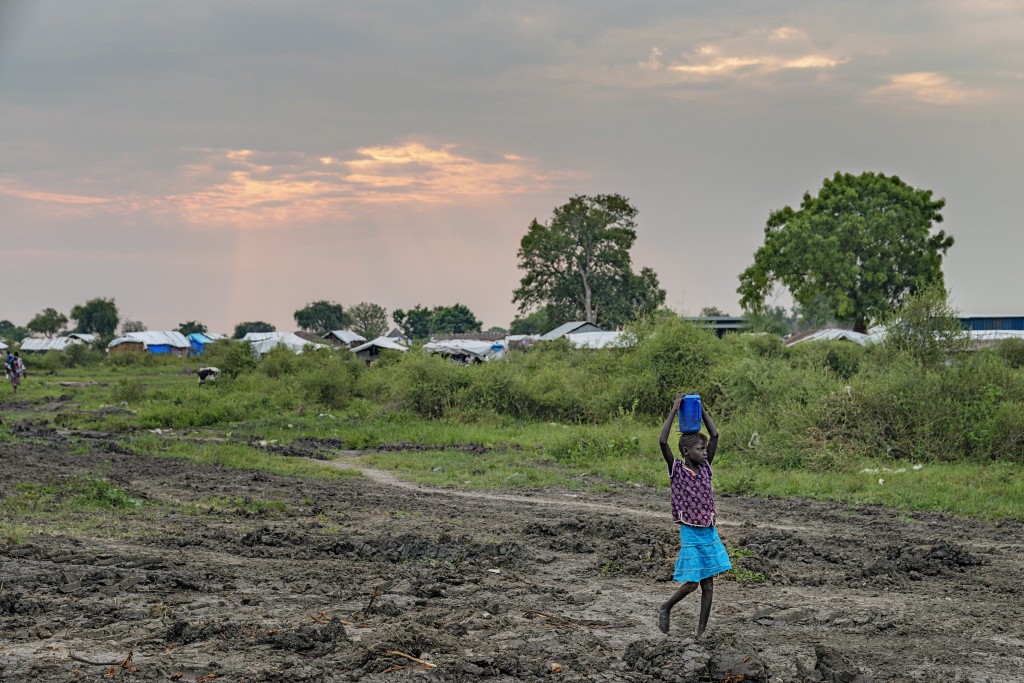Church pushing towards peace in South Sudan
Hate speech from religious leaders in South Sudan and in Europe worries bishop.
South Sudanese pastor, 50-year-old father James Oyet Latansio walks with a slight limp. “In 1996, I was delivering food assistance to the eastern parts of the country when my car hit a landmine. I was bedridden for a year. Then, in 2002, I took a bullet in the back. That put me to bed for six months”, he says.
Latansio’s experiences are a summary of the short history of South Sudan. The country has been in a cycle of constant war and conflict for over 50 years. Latansio can remember only short periods of peace. Other than those, war has raged in South Sudan his whole life.
“I am a child of war. The first sounds I remember came from machine guns and hand guns, my first toys were tanks I moulded from clay”, says Oyet’s colleague, bishop Isaiah Majuk Dau, 57. Latansio and Dau have combined their forces in the South Sudan Council of Churches. Their aim is to build a sustainable peace in South Sudan.
Dau was a member of a group of about 40 people who negotiated the latest South Sudan peace treaty, which was signed late August. The gruelling process took more than 18 months.
“In the beginning, it was difficult for the negotiators to even look at each other. What drove me forward was that this was the last chance. If we can’t reach peace now, we are going to kill each other, and everything we built for our independence in 2011 will be destroyed”, Dau says.

”We are grateful to Finns who have helped us building the nation. We need international views and experience so that our peace work doesn’t get cliquey”, says peace activist, Father James Oyet Latansio.
Gaining independence from Sudan in 2011 was the most hopeful time in the history of the country. For the first time, people in South Sudan felt like they were a united nation. However, the joy only lasted for a couple of years.
In late 2013, President Salva Kiir accused Vice-president Raek Mecheria of attempted coup. In December, a brutal mass murder started in the capital city Juba. Dinka tribe members from the President’s guard went from door to door killing soldiers and civilians from the Nuer tribe.
The violence spread from the capital to other parts of the country. At least 10,000 people were killed. It was an enormous blow to the young nation.
The main objective for religious leaders this year has been to get the preachers who spread hate speech in their sermons to stand behind the peace cause. “I have heard a Dinka priest preach against the Nuer tribe and receive applause. We are working to remind all priests that they are there to serve everyone”, Latansio says.

Bishop Isalah Majuk Dau was 10 years old when he had to escape the fights for his life and 17 years old when he got to start school. Now he is building peace to South Sudan. Photo: Ville Palonen
For example, in Belgium and France people have started paying special attention to sermons inciting extremist thinking, particularly in the wake of the devastating terrorist attack in Paris. “Hate speech of religious leaders in Europe and here is similar. They attempt to ignite the flames of hate especially in the young”, says Latansio, who studied in Italy.
Curtailing hate speech is not easy. In Latansio’s view, it should be condemned particularly from within churches and religious communities.
After the Juba massacre, fears of an ethnic cleansing similar to that in Rwanda in 1994 happening in South Sudan began to rise. Those fears have since subsided, but peace remains fragile.
Soldiers stop people on the streets, paramilitary bandit groups fire at road users in the hopes of loot and the majority of the country’s over two million refugees have still not been able to return home.
Every week, the offices of one of the international organisations working in South Sudan are raided with Kalashnikovs.
“Peace is the only alternative. We must build this country together, and church can act as a tool of unification. Forgiveness is the walls of our church and reconciliation is its roof”, Latansio says.
Finn Church Aid supports peacebuilding in South Sudan
Religious leaders have been actively promoting peace in South Sudan since 2014. Finn Church Aid (FCA) offers expertise in peace negotiations, technical support to conducting peace dialogues, and facilitates meetings with politicians.
Only about a quarter of the South Sudanese population is literate. Information is spread through churches and other gatherings. Therefore, religious leaders are excellent partners for peacebuilding.
“Many priests have war-related traumas. They have been beaten, and their family members have been killed. They may hold very deep grudges against certain tribes, and sometimes, those grudges can manifest in their sermons. It is important for everyone to acknowledge that religious leaders are also ordinary humans. Violence and personal losses affect them just like everyone else”, says Marie Makweri, Finn Church Aid Peacebuilding Officer.
One of FCA’s objectives is to promote the participation of women in the peace process.
“In the continuing conflict, women are used as tools of violence, they are raped and killed”, says Agnes Wasuk Sarafino, Women Program Coordinator, South Sudan Council of Churches.
South Sudan
- Gained its independence from Sudan in 2011.
- 25–30 percent of the population is literate.
- Estimated last year as the most fragile nation in the world.
- Continuing conflicts have displaced over 2 million people in the country of 11 million.
- South Sudan is dependent on foreign assistance. Finn Church Aid is the only Finnish organisation doing peace work in the country.
Text: Satu Helin
Finn Church Aid is a member of the ACT Alliance.

Photo: Ville Palonen